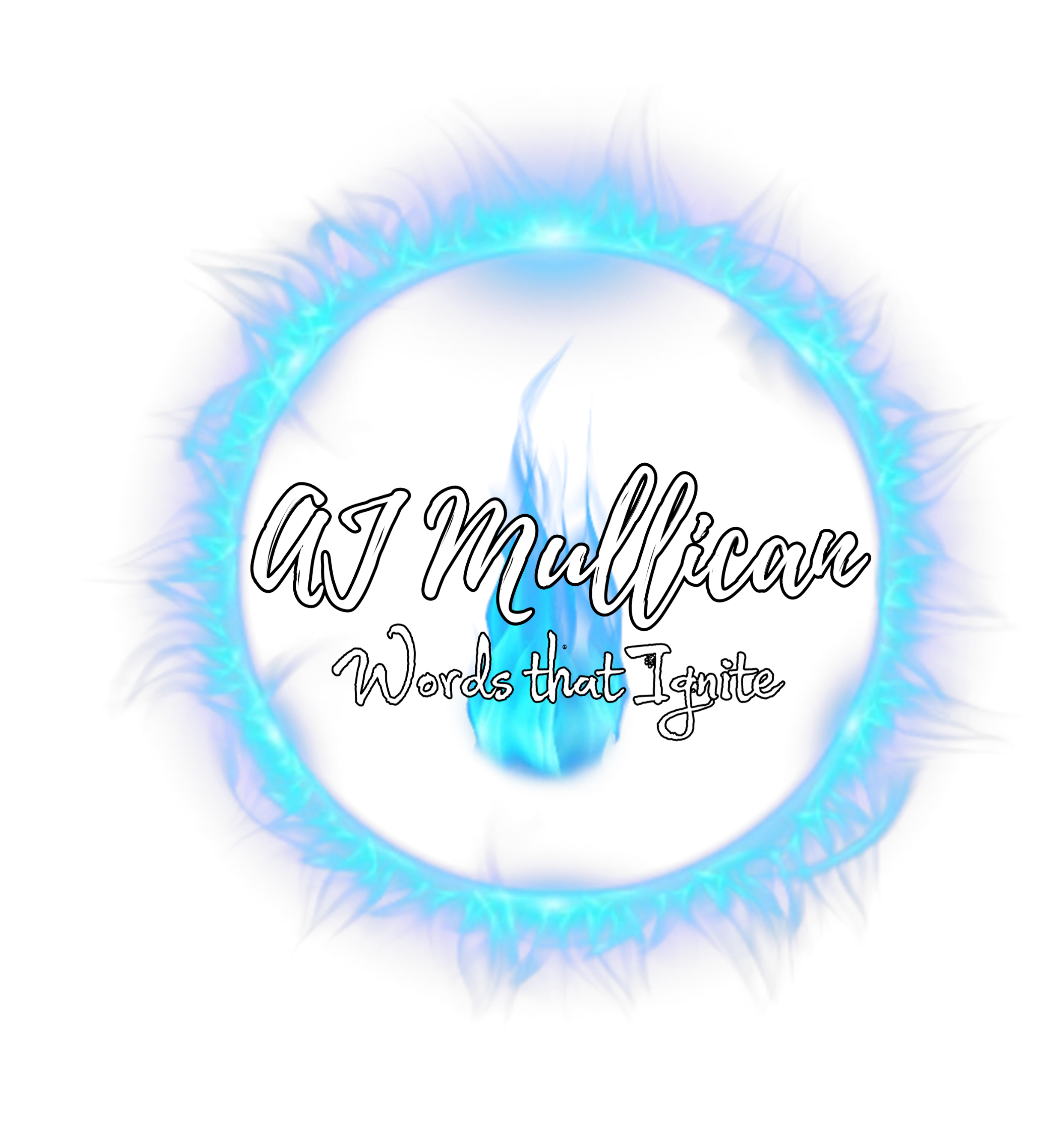Why did I put that in quotes? Well, think about it: how often are you really tired when you say this?
I know that, for myself, most of the time “I’m just tired” (usually in response to a question like “Are you ok?”) is code for “I’m feeling sad or #depressed or lonely and you probably wouldn’t want to hear me gripe about my problems, so I’ll tell you something that will make you think it will be ok and you won’t have to feel awkward or worse, obligated to try to cheer me up.” Granted, sometimes I really am tired, but being sad or depressed or lonely can siphon your energy to the point where no matter how much sleep you get, you’re tired.
Not that I don’t appreciate it when people ask if I’m ok. That means someone cares. I just don’t want to unnecessarily burden someone with my personal problems by saying, “Well, I’m really depressed lately. I don’t know why; I don’t have a reason. I’m just really sad all the time and I’m barely holding it together.” Who wants to hear that? So I say I’m tired.
For someone with #mentalillness, like #depression or #bipolardisorder, it can be tough to talk about what’s bothering you. You feel like people without mental illness won’t “get” it, or you worry that they’ll judge you for being overly emotional about what, to them, are trivial things.
I’m not saying that if you hear me say “I’m just tired” that I want you to try to cheer me up. I’m not saying that everyone who says they’re “just tired” is really undergoing some sort of deep emotional hardship. I’m simply saying that the next time you hear “I’m just tired,” think about what that really means and understand that there may be something more than lack of sleep bothering them. We don’t necessarily want attention.
We’re just so tired of being “tired.”
